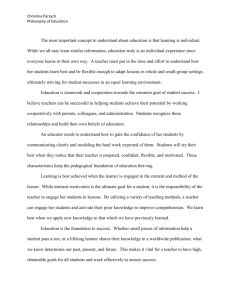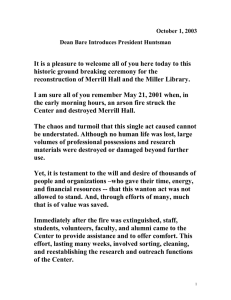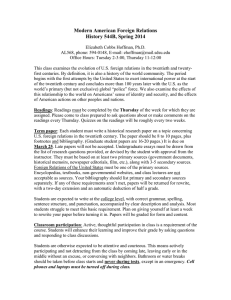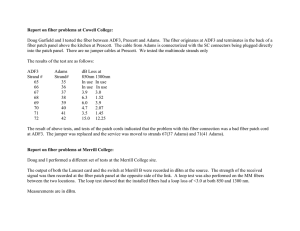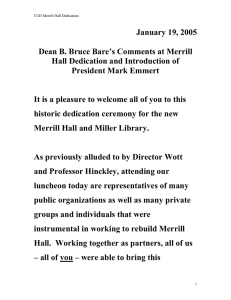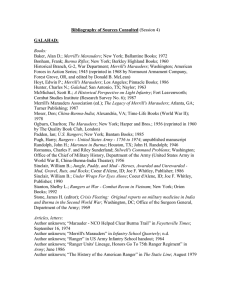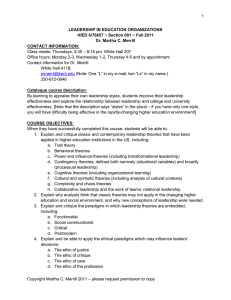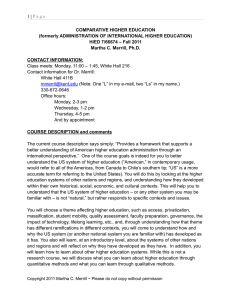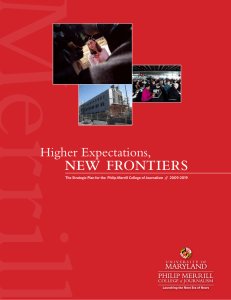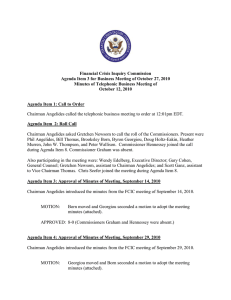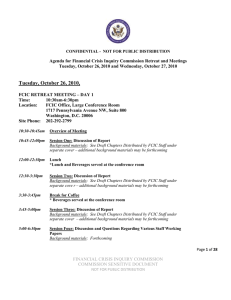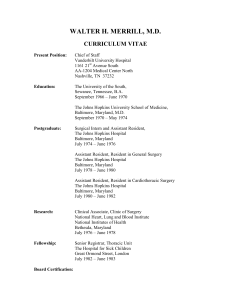IDT Written Qualification Exam Questions (Spring 2013)
advertisement
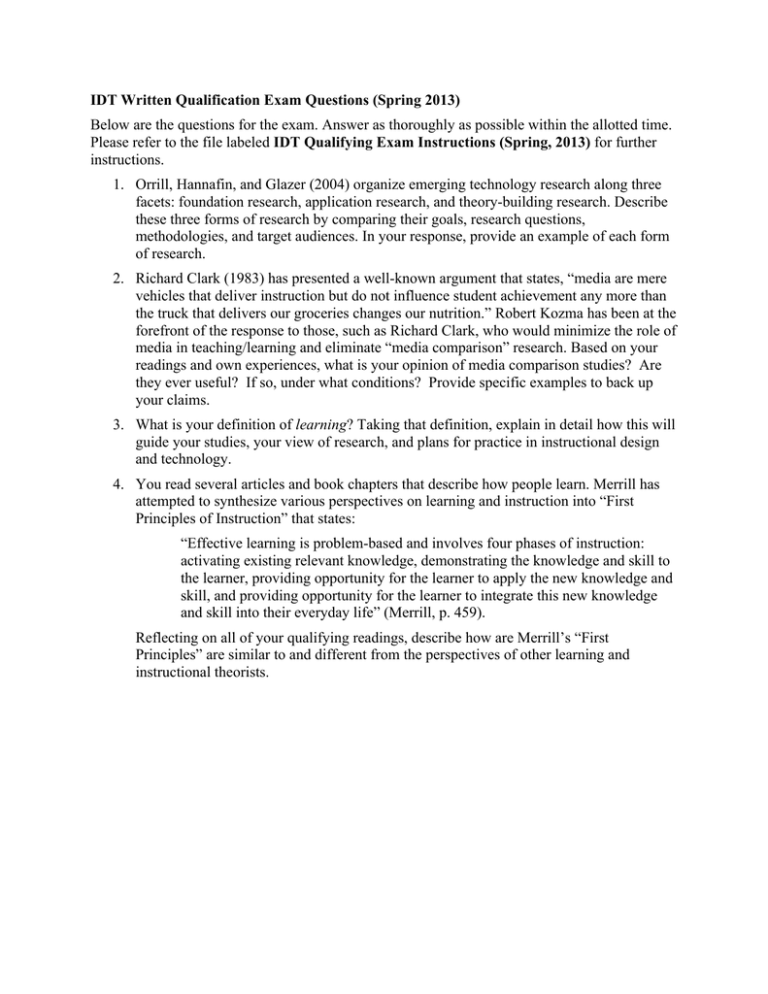
IDT Written Qualification Exam Questions (Spring 2013) Below are the questions for the exam. Answer as thoroughly as possible within the allotted time. Please refer to the file labeled IDT Qualifying Exam Instructions (Spring, 2013) for further instructions. 1. Orrill, Hannafin, and Glazer (2004) organize emerging technology research along three facets: foundation research, application research, and theory-building research. Describe these three forms of research by comparing their goals, research questions, methodologies, and target audiences. In your response, provide an example of each form of research. 2. Richard Clark (1983) has presented a well-known argument that states, “media are mere vehicles that deliver instruction but do not influence student achievement any more than the truck that delivers our groceries changes our nutrition.” Robert Kozma has been at the forefront of the response to those, such as Richard Clark, who would minimize the role of media in teaching/learning and eliminate “media comparison” research. Based on your readings and own experiences, what is your opinion of media comparison studies? Are they ever useful? If so, under what conditions? Provide specific examples to back up your claims. 3. What is your definition of learning? Taking that definition, explain in detail how this will guide your studies, your view of research, and plans for practice in instructional design and technology. 4. You read several articles and book chapters that describe how people learn. Merrill has attempted to synthesize various perspectives on learning and instruction into “First Principles of Instruction” that states: “Effective learning is problem-based and involves four phases of instruction: activating existing relevant knowledge, demonstrating the knowledge and skill to the learner, providing opportunity for the learner to apply the new knowledge and skill, and providing opportunity for the learner to integrate this new knowledge and skill into their everyday life” (Merrill, p. 459). Reflecting on all of your qualifying readings, describe how are Merrill’s “First Principles” are similar to and different from the perspectives of other learning and instructional theorists.



